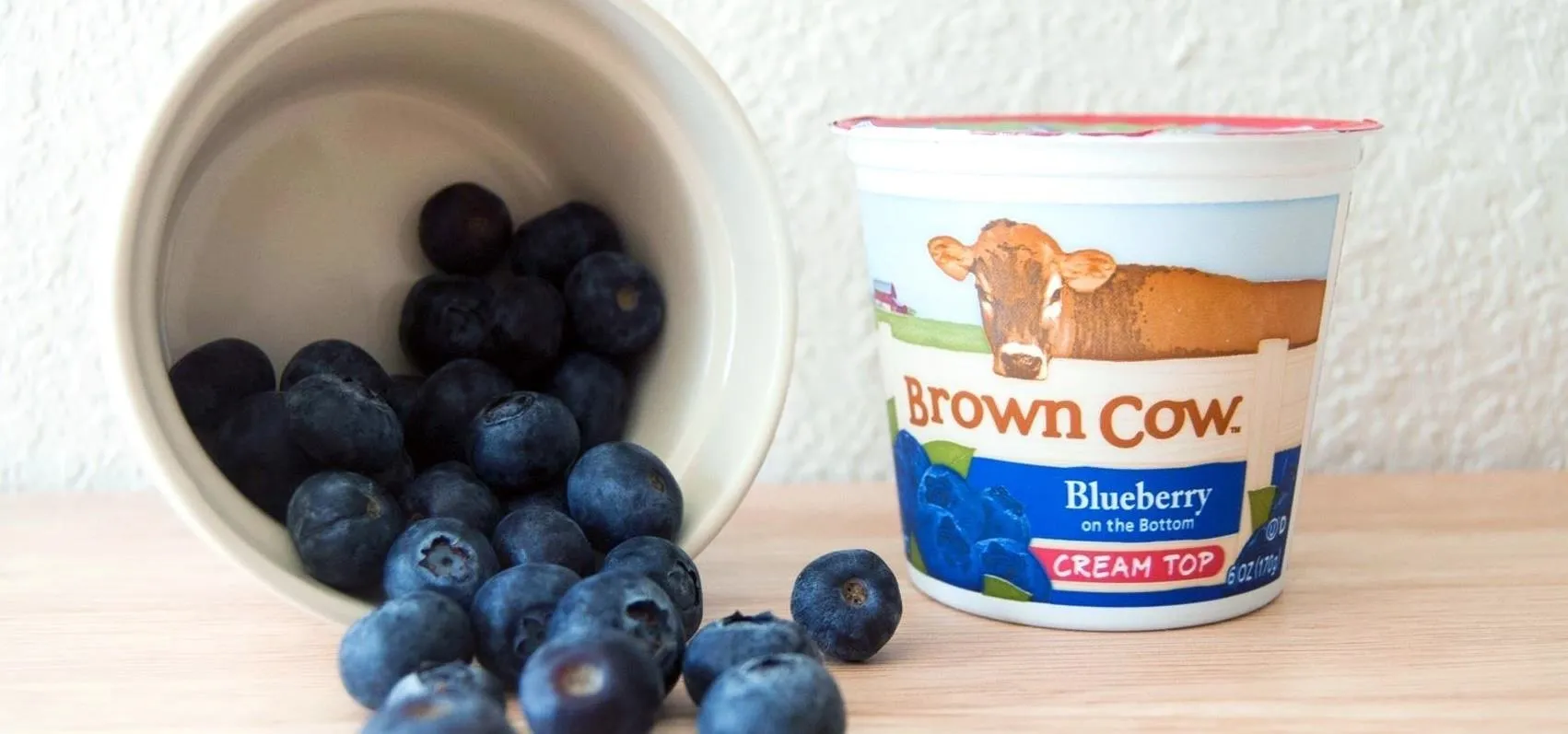You probably don't give much thought to buying yogurt in the store. You have your favorite brand, or maybe you like trying new varieties each week; either way, you just grab it and go.
It is easy to take yogurt for granted, but this delicious dairy product has a long and storied history that started way before the convenience of commercialized yogurt. Read on to discover its surprising origins in ancient civilizations and how it started being mass-produced.

Julia Kitlinski-Hong/Invisiverse
A Brief History of Yogurt
The word yogurt is Turkish in origin, and comes from the verb "yogurmak" (to thicken). In fact, it is believed that yogurt was being made in Turkey as far back as the 6th century BCE.
The first use of yogurt was believed to be by Central Asian herdsmen, who stored their extra goat's milk in containers made out of animal stomachs to preserve it while on the go. Some of the milk stored in these skins, to their surprise, became thick and tart. More importantly, it was still edible — even after a surprisingly long period of time in the hot sun.
The reason was that yogurt has good bacteria that bloomed when the milk interacted with the animal stomach bags. This made the curdled liquid a hostile environment for bad bacteria — not to mention a hardier and more substantial foodstuff.
There is proof that in many ancient Asian civilizations, yogurt was a part of their diet. Fans included Genghis Khan and his Mongol army, who frequently enjoyed the creamy treat that was said to give them strength and stamina in battle. It is even rumored that the Indian emperor Akbar liked to spice up his yogurt with cinnamon and mustard seeds. (I can't imagine that flavor getting a lot of supermarket sales.)
It is also notable that ancient Greeks consumed oxygala, a distant ancestor of yogurt that was made out of sour milk and sweetened with honey. That sounds a bit more appealing, doesn't it?

Julia Kitlinski-Hong/Invisiverse
For centuries, yogurt was made only within the home and not for mass production. That all changed when in 1905 Bulgarian microbiologist Stamen Grigorov discovered Lactobacillus bulgaricus, the bacteria strain that ferments milk into yogurt. Soon after Grigorov's breakthrough discovery, Danone, (or as we know it in the US, Dannon), began to produce commercialized yogurt in 1919 in Barcelona, Spain.
You Can Enjoy Savory Yogurt, Too
Most Americans have only eaten yogurt that's been sweetened or has fruit at the bottom. But the tart, creamy taste of yogurt actually works well in savory preparations as well.
There are many foods around the world that embrace unsweetened yogurt in their recipes, including chicken korma, a delicious Indian dish. If you want to prepare something a little less ambitious, try Greek tzatziki (a delicious sauce), refreshing Turkish ayran (a yogurt drink), or Lebanese labneh (a thick cheese-like yogurt).

Julia Kitlinski-Hong/Invisiverse
A Newfound Admiration for Yogurt
Next time you buy yogurt, remember that you are not just buying a simple snack but a cultured dairy product that has thousands of years of history behind it. Savory or sweet, you have to appreciate this tasty treat that started way back when, and that has continued to evolve to this day.

Julia Kitlinski-Hong/Invisiverse
- Follow Invisiverse on Facebook and Twitter
- Follow WonderHowTo on Facebook, Twitter, Pinterest, and Google+
Cover photo by Julia Kitlinski-Hong/Invisiverse


























Comments
Be the first, drop a comment!